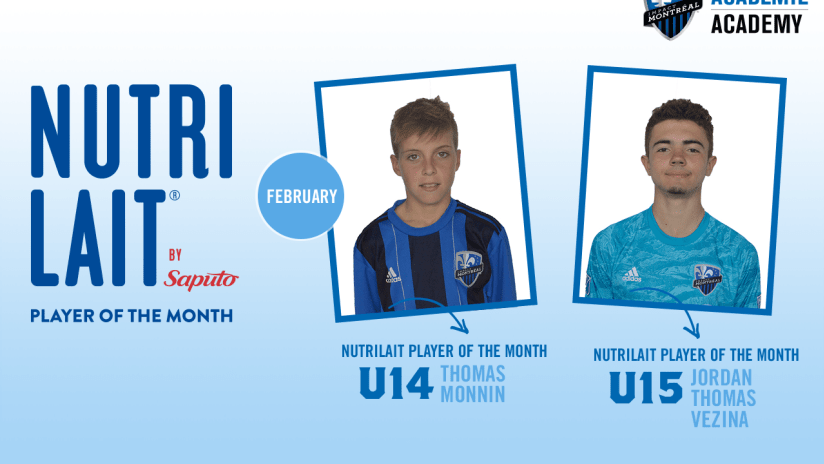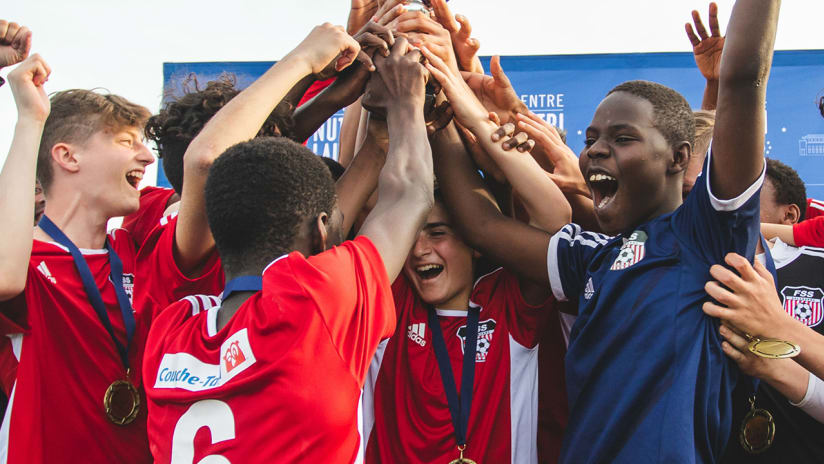There is an old adage that says soccer is 20% physical and 80% mental.
Well, if that’s the case, then controlling one’s emotions both on and off the pitch in a professional sports setting is more important that most people give credence to.
The Impact Academy feels the mental and emotional side of the key is an important component in the education of its young players, and thusly, Espoirs B head coach Nicolas Gagnon took part in a facilitated training program presented by People Intell Institute on Emotional Skills and Competencies (ESaC).
“It is important to understand what happens to us, physiologically, during particularly emotional moments in one’s life, and in which, like playing sports, where they play an important role,” said Gagnon, who spearheaded the idea of taking part in the training program. “Whether it’s getting upset at a difficult call made by the referee, the joy of scoring a goal or the dejection of letting one in, emotions can show themselves in a number of ways on the pitch.”
The program, based on the science of Paul Ekman, “strives to improve people’s understanding of their emotional life and provide practical tools through training programs, based on solid research about the nature of our emotions, trust and deception.”
Ekman conducted studies all around the world on the emotional responses and triggers of people, from the suburbs of the USA to tribes in Papua New Guinea, and he found that there are micro-expressions or tells that are evident when a particular emotion is triggered.
The program’s objective was to be able to recognize the importance of recognizing when we get emotional, controlling your emotions and help others in those moments in order to reach your goals. The art behind the theory is being able to remain constructive in those moments.
“Our body language and facial expressions, or micro-expressions as they are referred to, are clues as to how we are feeling at a particular moment. Identifying a player who may be just about ready to explode at a referee and having the tools to calm him down without making things worse is important in maintaining control of the game and in teaching the player the skills to recognize themselves when those moments are coming and do what is necessary to keep them under control.”
The three-day program was quite comprehensive and interactive, with three facilitators for a total of seven participants, from all walks of life: psychologists, business professionals…and one coach! Although not specifically tailored to sports, it touched on aspects of the emotional side of self that are translatable onto the pitch, according to Gagnon.
“There are so many ways that emotions play a part in the game. For example, the first minutes after scoring a goal can be a difficult time in keeping emotions in check. You’re elated for scoring and are on cloud nine, so your killer instinct isn’t as sharp. That is the most dangerous time for a team to get scored against. Keeping your emotions in check allows you to better control those dangerous five minutes, and ultimately, better control of the game.”
For more information on the course or people-intell, please visit: http://people-intell.com/.




